Incentivizing Development In Small Towns
Going from $0 to $16m of planned development in our little downtown in just 5 years.
Hey — Jonah here.
Welcome back to Brick + Mortar, where I share inside stories on developing small-scale real estate projects at Village Ventures.
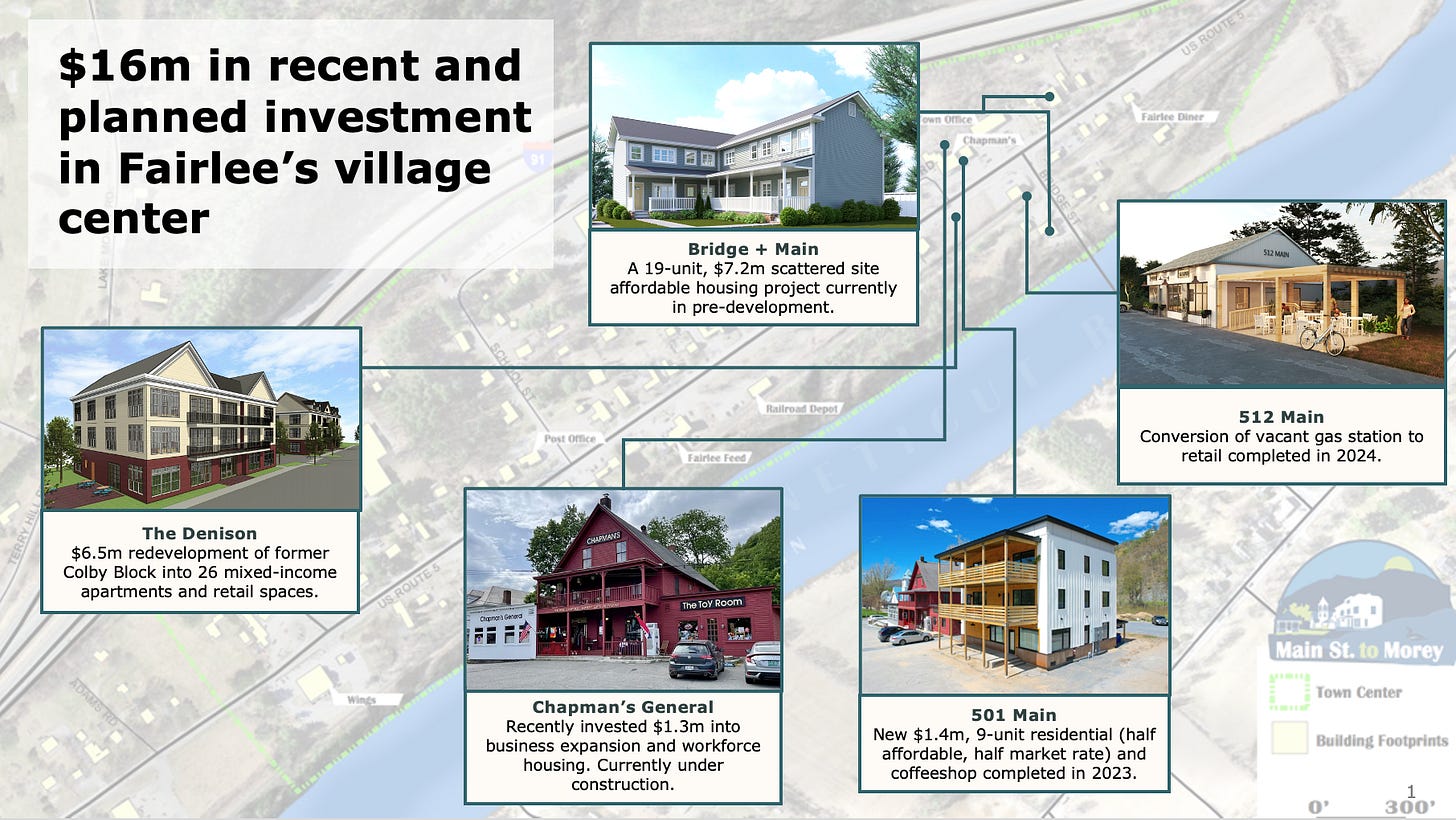
This slide gets me fired up.
Like a wake-up-at-4-AM, ready-to-go kind of fired up.
Going from $0 to $16M in planned development in our little downtown in just five years is exciting. And right now, we’ve got momentum.
The big question I always get asked is: “HOW?”
“What is Fairlee doing right to attract these projects, and how do we replicate that in our town?”
Everyone thinks it’s mostly zoning. It’s not.
If zoning were the biggest factor, then towns like Orford, NH—where there’s literally no zoning—would be development hubs. But Orford hasn’t seen a new project since the commercial park in the 80s.
So what’s the real answer?
Two things:
Strong, progressive local leadership that actively supports good development
People with a real connection to the town who are willing to invest time, money, and effort into making things happen
You need both.
1. Strong Local Leadership
Everyone agrees that building quality housing, eliminating blight, and bringing in local businesses is a good thing.
But actually supporting projects that make those things happen? That’s different.
Fairlee’s town leadership has consistently backed good projects—writing letters of support, co-applying for grant funding, providing zoning waivers, and keeping the conversation open when challenges arise.
Sounds trivial, but it makes a huge difference.
Real estate development is already full of hurdles. If the town is fighting against you, it’s a losing battle. Fairlee’s leadership didn’t just say they wanted revitalization—they actively worked to make it happen. And that’s why we’re where we are today.
2. Local Development Capacity
Policy and support only get you so far. Someone has to do the work.
Developers need one of two incentives:
Financial (profit)
Social (making a positive impact)
In smaller towns, it’s mostly social—because if you’re chasing profit, you’d be developing in larger metro areas.
That’s why you need locals who are personally invested in seeing the town change. And they exist—they just need the right nudge to take the first step.
The reality? There’s no prerequisite to becoming a developer.
I studied chemical engineering, had zero real estate experience, and started by swinging a hammer for eight hours a day on my first three projects. That’s how I de-risked the process—I contributed heavily to the work myself. Not everyone has to do that, but the deeper you get involved, the less risk you take on and less capital you need.
The key is finding community members willing to jump in.
And they’re out there.
Here’s proof: Last year, a few local partners and I turned a vacant gas station into a new retail space. Small steps like these create real momentum.
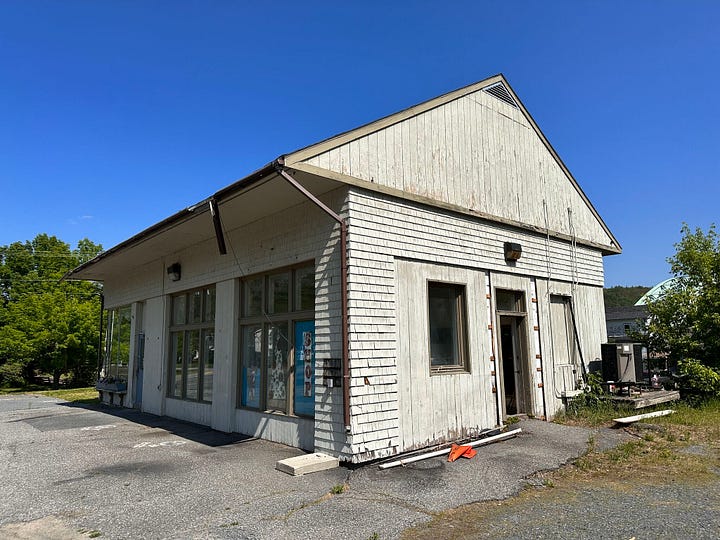
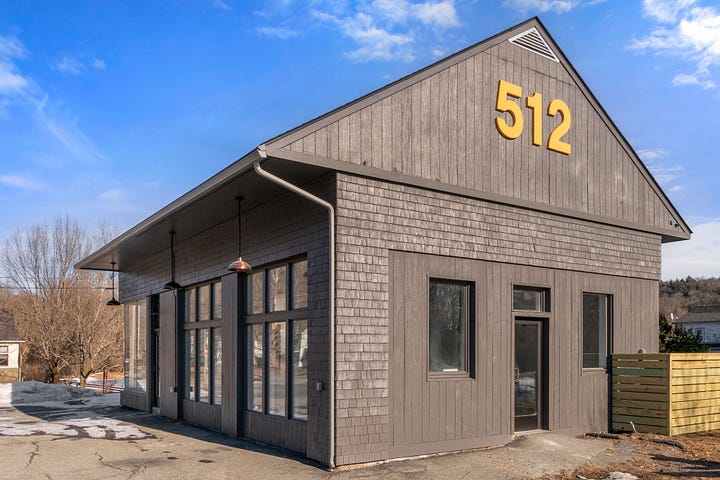
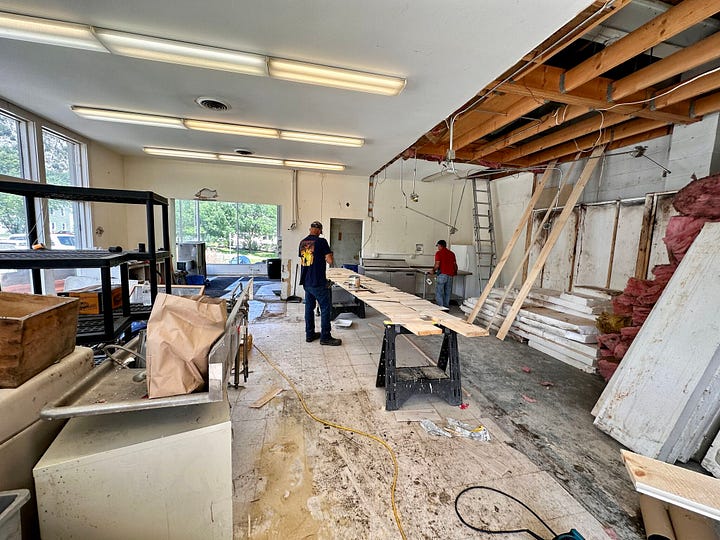
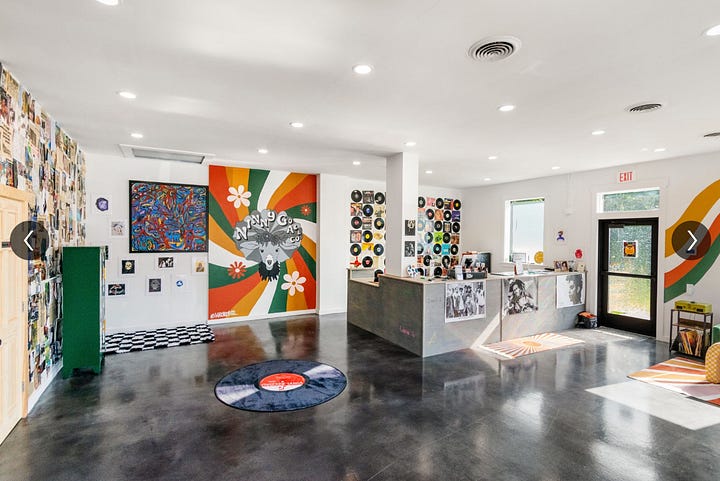
Until next time.
— Jonah 🧱
P.S. Want to connect? Find me on LinkedIn.


You're an inspiration. Keep telling the story!
What Gay-c said.